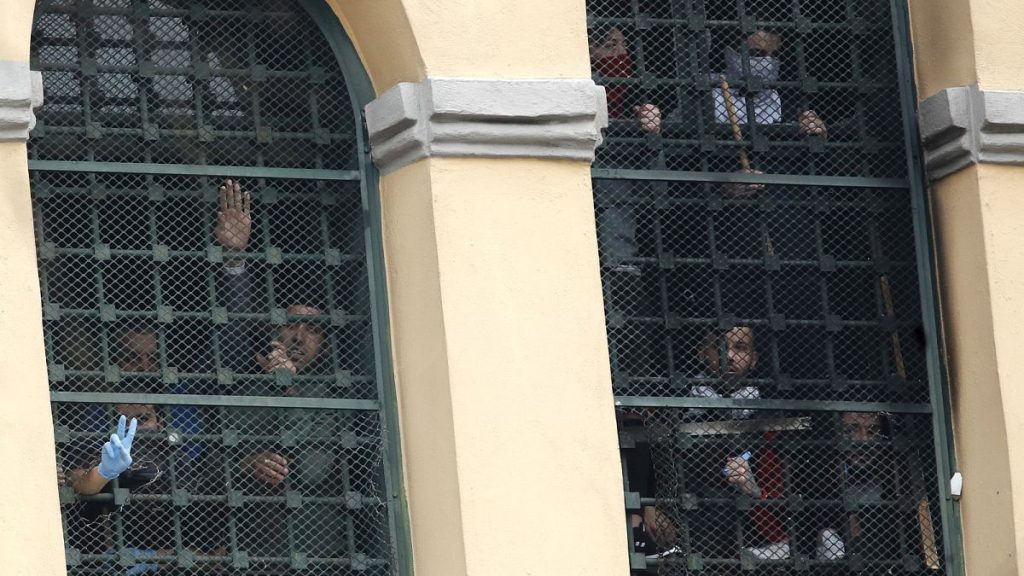Ferragosto, a celebrated holiday in Italy, saw politicians visiting prisons to raise awareness about the poor living conditions that have led to a spike in suicides among inmates. Despite the widespread festivities across the country, some politicians chose to spend their day in jail participating in a custom started by late activist Marco Pannella. The issue of adverse prison conditions was highlighted by President Sergio Mattarella, who deemed it “unseemly for a civilized country.” This year, prominent figures like liberal MP Matteo Renzi and Rome Mayor Roberto Gualtieri visited prisons to address the overcrowding and lack of basic human rights for inmates.
Renzi criticized the government’s response to the prison crisis, calling for a total overhaul of facilities like the Sollicciano prison to ensure better conditions for inmates. The recent anti-rave law, which has led to further criminalization of certain offenses, has been met with public backlash, particularly from those advocating for prison reform. While the government has promised to build new prisons and increase staff numbers, critics argue that these measures are inadequate in addressing the underlying issues such as mental health, addiction, and the prolonged trial process.
The alarming rate of suicides in Italian prisons has sparked concerns about the mental health crisis among inmates. With over 50 prisoners taking their own lives since the beginning of the year, the issue has become a focal point for activists and advocates pushing for reform. The disproportionate number of suicides among foreign nationals and those awaiting trial highlights the vulnerability of certain populations within the prison system. Italy’s Prison Ombudsman reported an increase in suicides compared to the previous year, indicating a growing sense of hopelessness and despair among inmates.
The overcrowding in Italian prisons, with a current capacity exceeding the official limit, further exacerbates the issues faced by inmates. The lack of proper legal representation and abusive treatment by fellow inmates and police contribute to the deteriorating conditions within the prison system. Francesco Conte, a journalist and founder of an organization helping Rome’s homeless population, emphasized the systemic problems in Italy’s justice system that perpetuate the cycle of despair and marginalization among those in prison. The delays in trials, particularly for minor offenses, and the challenges faced by foreign nationals without residency status exacerbate the injustices within the system.
The government’s focus on expanding holding facilities for asylum seekers while neglecting the needs of inmates in existing prisons has drawn criticism from human rights groups. The treatment of refugees and foreigners within the justice system reflects a broader issue of discrimination and inequality that persists in Italian society. The lack of support for legal residents and the disproportionate sentencing for minor offenses contribute to a sense of hopelessness and disillusionment among inmates. The experiences of individuals within the prison system highlight the urgent need for comprehensive reform that addresses the root causes of overcrowding, lack of mental health support, and inadequate legal representation.
The stories of individuals like those mentioned by Conte illustrate the human impact of the systemic failures within Italy’s prisons. The disparity in sentencing for minor offenses and the challenges faced by foreign nationals shed light on the inequalities and injustices prevalent in the justice system. As the government grapples with the mounting pressure to address the crisis within prisons, the need for immediate and effective solutions becomes increasingly urgent. The voices of activists, politicians, and advocates working to improve conditions for inmates serve as a reminder of the human rights violations that persist within Italy’s prison system and the urgent need for meaningful reform.


